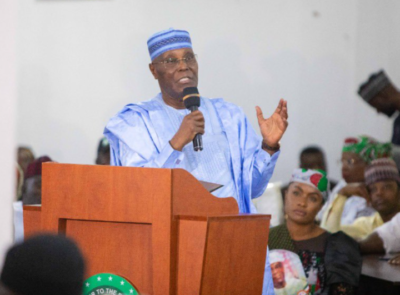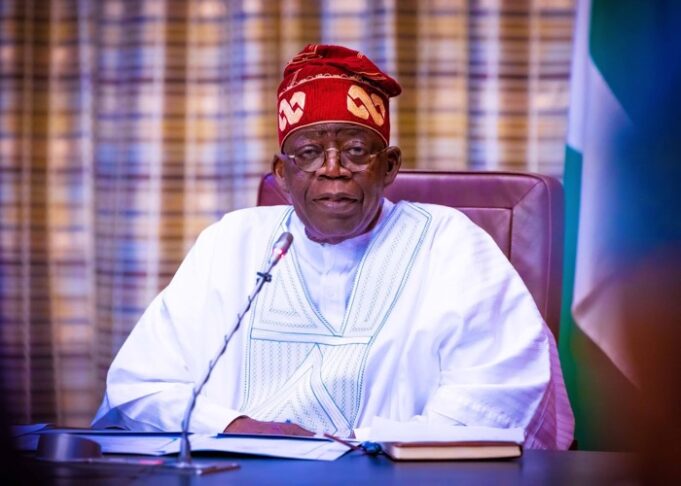The Supreme Court on Thursday declared that the failure of IREV is not a ground for the nullification of presidential election.
The court held that IREV failure does not stop the collation of election.
The Supreme Court stated that the failure by the Independent National Electoral Commission (INEC) to transmit election results electronically did not affect the outcome of the election and could not warrant the nullification of the result of the presidential election.
Justice John Okoro made the pronouncement in a lead judgement on the appeal by former Vice President and Presidential candidate of the Peoples Democratic Party (PDP), Alhaji Atiku Abubakar, seeking to nullify the February 25,presidential election of President Bola Tinubu.
Reading the judgement, Justice Okoro also declared that none securing of 25% of votes cast in the Federal Capital Territory (FCT) Abuja is not a basis for a candidate not to have been declared winner of the presidential election.
Justice Okoro declared the constitution is for everyone.

The justice stated that the constitution would have stated expressly that presidential candidate must win 25% of votes cast in FCT to be declared as president. But the provision of the constitution does not give room for such.
The failure of President Bola Tinubu to secure 25% of votes in FCT is one of the grounds of appeal against Tinubu’s victory.
The apex court had earlier dismissed the appeal file by the presidential candidate of the Peoples Democratic Party (PDP), Atiku Abubakar, on the admission of fresh evidence.
The apex court held that it lacked jurisdiction to admit fresh evidence in the appeal of the judgement of the presidential election petition tribunal.
Justice Okoro said it can’t revoked the constitution to allow Atiku and PDP to supply fresh evidence in the form of documents obtained from the Chicago State University on President Bola Tinubu’s academic records.
Justice Okoro noted that since the time for trial at the Court of Appeal had elapsed, the Supreme Court cannot accept fresh evidence on appeal.
Ruling on the motion, Justice Okoro, held that a clinical look at the issues formulated by all the parties is the argument of whether the court as presently constituted has the power to grant the motion.
Okoro held that out of the seven issues distilled by Atiku for determination, none related or covered forgery, which the appellant is seeking to bring in.
“The Constitution does not permit that, and this court has no jurisdiction to grant the filing of fresh evidence that was not pleaded at the PEPC,” the justice held.
The Supreme Court noted that Atiku did not even deem it fit to file for an amendment of his pleadings and for extension of time, since the 180 days allowed by the Constitution had elapsed since September 17, 2023.
Atiku, had in the motion dated October 5, pleaded the apex court to grant him leave to bring in additional evidence by way of depositions on oath from the Chicago State University for use in his appeal to wit: the certified discovery deposition made by Caleb Westberg on behalf of Chicago State University on October 3, 2023, disclaiming the certificate presented by the 2nd respondent, Bola Ahmed Tinubu to the Independent National Electoral Commission.
The 32-page deposition was released to the former Vice President on the orders of Judge Nancy Maldonado of the District Court of Illinois, Eastern Division, Illinois, United States of America.
- Alex Otti should publish Abia Forensic Report now - May 1, 2024
- FG approves 25%, 35% salary increment for civil servants - April 30, 2024
- CBN director: How I collected $600,000 contract bribe for Emefiele - April 29, 2024










